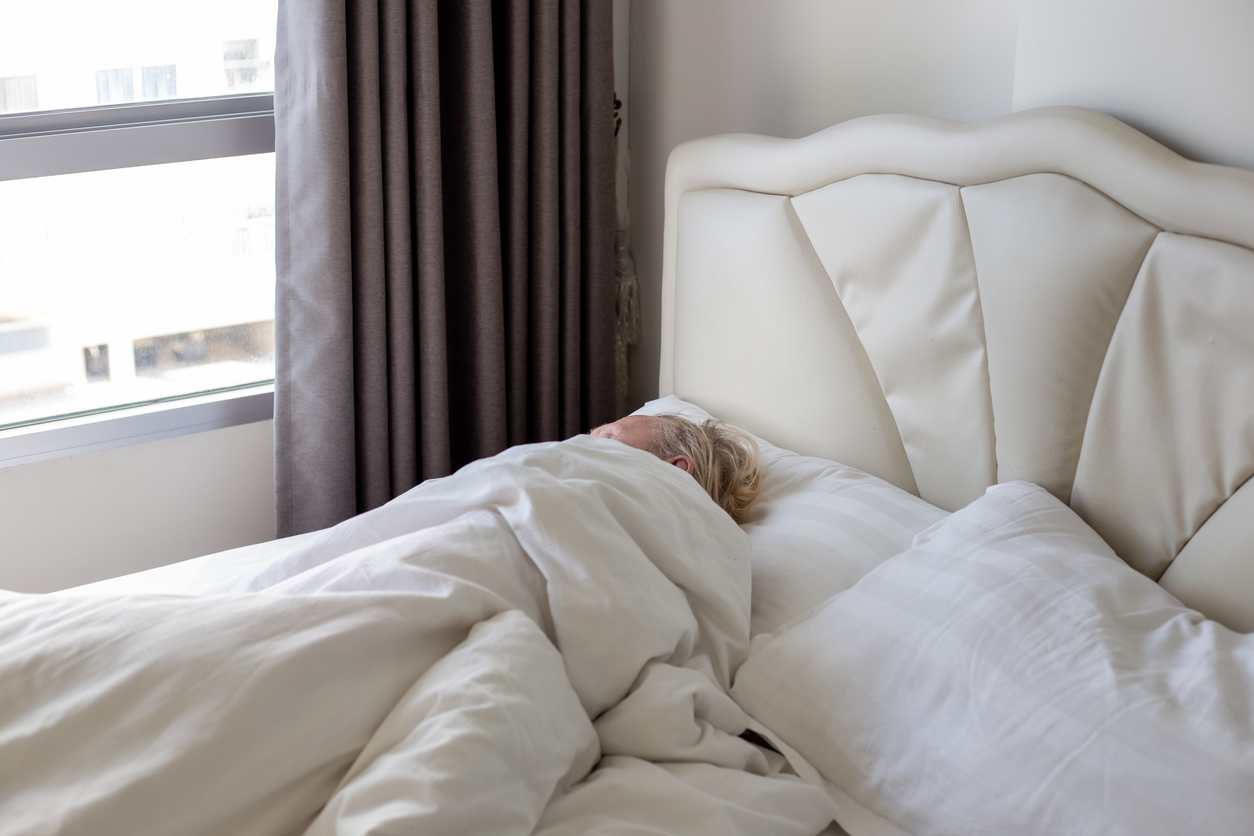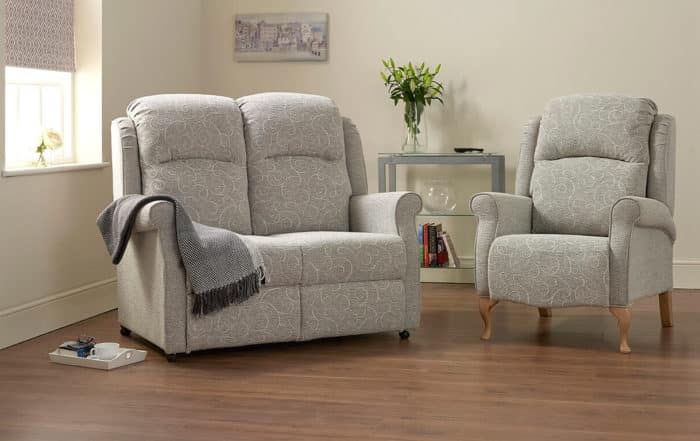Loss of Mobility: What Does It Mean and How to Manage It
Social Links
Mobility is quite often linked to a sense of freedom and having that sense of freedom seemingly taken away can often be quite demotivating. Loss of mobility, that is, your ability to move around freely and comfortably can be a disconcerting process, particularly if your mobility was part of your essence prior to its loss.
Losing your mobility doesn’t have to be the end of your freedom, and understanding how you can adjust and change how you live to best suit your updated needs is easily done with the right support.
What is the meaning of “loss of mobility”?
Loss of mobility essentially refers to a loss of the ability to move around freely and without pain. Whilst the causes of reduced mobility can differ significantly, some are caused as a result of an advancement in age whilst others can be caused by accidents, neurological damage or other physical incapacities.
How mobility impairment can affect people’s lives
Decreased mobility can affect people’s lives in several ways. It may take longer to carry out simple tasks like making a cup of tea, or in severe cases, it may be impossible for people to live independent lives. But no matter how severe the impairment, in all cases, it makes life more difficult.
Coming to terms with a loss of mobility can be distressing, particularly if it has come on all of a sudden, and it’s not uncommon for people suffering from a lack of mobility to feel depressed, angry and frustrated by their circumstances.
Many patients say mobility issues cause loss of confidence, which impacts their ability to live an independent life. Using public transport becomes an issue, restricting people’s movement while some buildings are not designed for use by mobility-impaired people which creates further difficulties.
How to know if you have a type of mobility impairment
In most cases, it is obvious when someone is suffering from mobility impairment, but many milder symptoms are not so obvious, and many elderly people will attempt to hide them from their relatives. So it is handy to know what physical and mental difficulties people face, so you can spot the signs early.
Patients with early-stage mobility impairments will experience problems with fine motor functioning, locomotor and non-locomotor functioning. This will cause problems with wrist, hand, finger and feet movements. So simple tasks such as making a cup of tea or handwriting will become more difficult.
People with neuromuscular mobility impairments will start to experience stiffness in the arms and legs along with a loss of muscle strength. This will make it difficult for them to walk, and they will tire easily. Such symptoms can progress quickly, so it is important to plan and assess the needs of the patient regularly.
Some people may also experience increased levels of pain, discomfort, depression and anxiety. If you notice that someone is becoming more irritable and they are less interested in doing things they previously enjoyed, this could be a sign of depression, so it’s a good idea to consult a doctor sooner rather than later.
What can I do to counteract the loss of mobility?
Fortunately, there are a variety of steps that one can take to reduce the impact loss of mobility has on day-to-day life. The best course of action to start is to book yourself or your relative in for a check-up with a physiotherapist, who will be able to take them through the steps to keeping mobile, reducing strain and injury, and maintaining a normal life. Medication and treatment may be necessary, varying from case to case, but such questions can be answered during regular check-ins at a GP clinic.
After consulting with specialists to understand where your needs lie, liaising with our team at Mobility Furniture Company could be your next step on the road to improved mobility.
Mobility aids and furniture are ultimately there to assist a less mobile person and ensure that they are able to get around as easily as possible. Getting around the house with reduced mobility can be increasingly difficult but with the right adaptations and adjustments to your home, you’ll be able to get around as easily as you did before your mobility was reduced.
With a whole range of different furniture and adjustments to your home readily available to you, it has never been easier to get back on the road to mobility and independence.
With that said, any adjustments you make to your home furnishings have to be done with your comfort and safety in mind and that comes as a guarantee with our mobility furniture.
How can specialist furniture help with your mobility needs?
Whether you’re in need of an adapted chair for an older person, an electric adjustable bed or a reclining sofa, there is a solution out there to add ease to your life.
At Mobility Furniture, we ensure that the furniture you choose is perfectly suited to your needs, whatever they may be, to give you peace of mind. We also don’t allow for any compromise on style – adapted furniture for reduced mobility doesn’t have to be unflattering to the eye.
We are able to provide you with mobility furniture that fits into your home naturally and stylishly – the way it should be done. Say goodbye to ugly, aged, brown mobility furniture and hello to your new stylish living arrangements.
Regain your independence
It’s fair to say that losing mobility, to whatever extent it affects your life, doesn’t have to be the end of your freedom to move around. Our team is here to help you regain control of your mobility and ultimately make your life much more accessible.
Lost mobility does not equate to loss of livelihood, and with over 30 years experience in finding the right furniture for each individual client, making Mobility Furniture Company your mobility choice is a surefire way of ensuring that this isn’t allowed to happen.
*This website contains general medical information. The medical information is not advice and should not be treated as such. Read our full Medical Disclaimer here.



